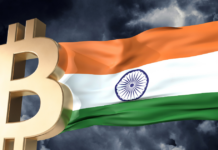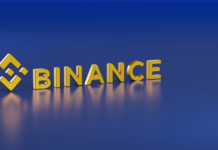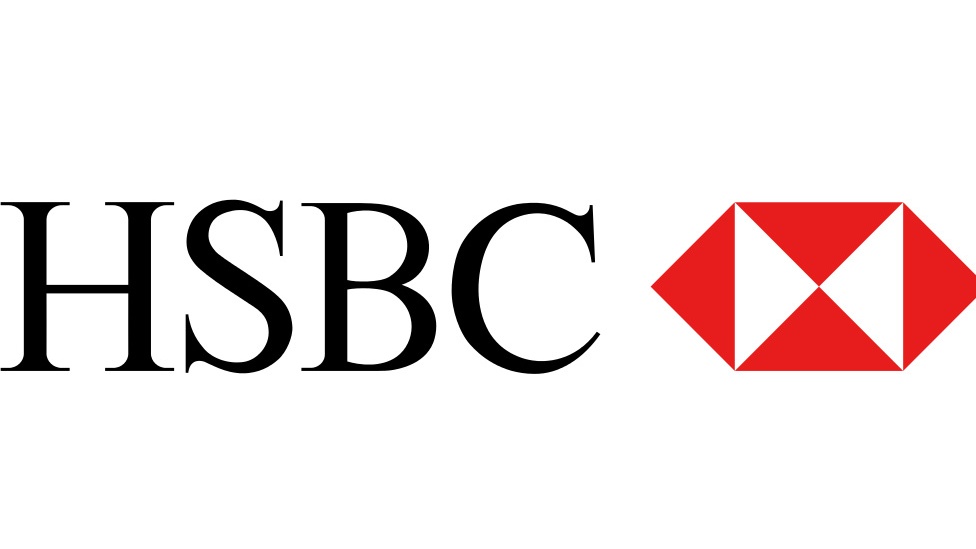One of the largest world banks, the UK-based HSBC, together with the Dutch ING made a breakthrough financial transaction using blockchain, reports Reuters.
The announcement comes after the parties successfully completed a transaction regarding a shipment of soybeans from Argentina to Malaysia between an American food corporation Cargill and the two banks which used the Corda platform to issue a letter of credit. The platform is developed by R3, a New York-based blockchain group that unites more than 100 banks, regulators and trade associations.
What could have been a cumbersome paper-trail taking up to 5-10 days, resulted in a 24h document exchange. According to Vivek Ramachandran, HSBC’s head of growth and innovation, this is the first transaction to use “a single, shared digital application rather than multiple systems.” He added that: “Trade finance transactions have been made simpler, faster, more transparent and more secure. The need for paper reconciliation is removed because all parties are linked on the platform and updates are instantaneous. The quick turnaround could mean unlocking liquidity for businesses.”
Both the Cargill’s and ING’s representatives are no less enthusiastic. For instance, Head of Innovation for ING Wholesale Banking Ivar Wiersma said that the transaction is an example of “collaboration with other ecosystems’ stakeholders like regulators, ports, customs and logistics providers such as large shipping carriers. And in particular, collaboration with other banks, even our peers”.
HSBC also claims that “putting all of Asia Pacific’s trade-related paperwork into electronic form could slash the time it takes to export goods by up to 44 percent and cut costs by up to 31 percent.”
The breakthrough spells promising news for the trade finance industry the estimated worth of which is $9 trillion annually — and not only when it comes to the transaction speed. Thus The Financial Times points out that blockchain “has the potential to be used for encrypted and unhackable record-keeping across a range of industries, from property registration to medical records and insurance claims.”
Currently, there are 12 banks which support the blockchain app used in the Cargill transaction meaning that soon this technology may become widespread.
Hence, Mr. Ramachandran has already emphasized that another client is ready to use the breakthrough technology, while R3 is preparing to take over the trade finance sector.
However, some voice an opinion that the technology is still in its nascence. Gadi Ruschin, chief executive of an Israel-based startup Wave that uses blockchain, predicts that “the widespread adoption of the technology will still face challenges as companies and banks attempt to make their pilot projects fit in with the bustling world of global trade” and hence “many of the products currently under development would fail.”




























